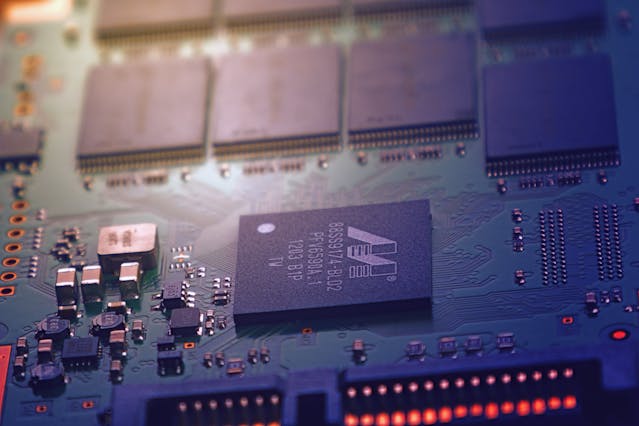Why the Importance of AML Rules Cannot be Overlooked?
Money laundering is a financial offense that has a wide reach over various businesses across the globe. Continuously, we hear news about how much money is going down the drain due to money laundering. Besides, the news doesn’t generally stop there as the reports on anti-money laundering fines due to non-compliance with AML rules are always increasing. Assuming you are worried by this information, you are in good company because we have got you covered. Money laundering presents a difficult circumstance for the whole world, and to curb this menace, digital AML solutions are needed.
Table of Contents
Why are Money Laundering Activities Important to Curb?
Money laundering is viewed as an offense in light of the fact that there are a ton of adverse consequences of this menace on the worldwide economy. Moreover, it is the law-abiding and well-behaved individuals who end up facing its consequences. The adverse consequences of money laundering on the worldwide economy can result in unstable growth rates; fluctuation in demand for money, revenue distribution, and tax collections.
The UN reports that the money lost to money laundering is between 2 to 5 percent of worldwide GDP annually. It is because of these statistics governments set up tough AML rules to check money laundering.
Entities Tasked with Devising AML Rules?
Governments and regulatory authorities around the globe have enforced varying kinds of AML rules. The entities and the subsequent acts in their regions regarding anti-money laundering are outlined below.
- Worldwide, The Financial Action Task Force (FATF) is tasked to devise AML rules.
- In the United Kingdom, the responsibility lies on the shoulders of The Financial Conduct Authority (FCA)
- For Australia, AUSTRAC is responsible for this task.
- For the countries under the umbrella of the European Union, 5AMLD and 6AMLD are instances of AML rules.
- For the United States of America, Bank Secrecy Act (BSA) is an anti-money laundering procedure.
The Efficacy of AML Rules
The obligation of governments and administrative bodies is to devise these AML screening and punish the offenders. One can say the adequacy of these anti-money laundering procedures relies on the astuteness of them and how the administrative bodies respond if these are not complied with. Additionally, there’s a huge measure of financial punishments and operative limitations forced on businesses for non-compliance. This only refers to the fact that something is being done right. However, all things considered, when you take a gander at the amount of money still going down the drain of money laundering, one acknowledges the fact there is a lot to be done to curb money laundering.
Which Areas are Prone to Money Laundering?
Some of the most vulnerable areas exposed to money laundering activities are stated below.
- Different types of trafficking crimes i.e, Drug, Weapon, Human, Animal, Art pieces, etc. are almost always assisted by money laundering.
- Cash-run businesses like nail salons, night clubs, strip clubs, gaming zones, car washes, etc. are used to cover up the illegal movement of money.
- Criminal hacking in the financial industry is rapidly becoming a tough beast to counter for the authorities. It involves the electronic tampering of records.
- Money laundering has its claws in the consumer world too. Counterfeit services and products i.e, clothing items, electronic devices, art pieces, etc. are used to disguise the movement of money.
Why the Involvement of Some Areas is Higher Than Others?
Anti-money laundering checks are pertinent for businesses, especially for the above-stated areas. Even if the business is in dark about their involvement in money laundering activities, there are still considered guilty of not performing the AML checks. On the other side, some businesses commit this crime more than others due to the following reasons.
- Some businesses allow a greater reward ratio as compared to the risk involved to commit money laundering.
- Some areas have less regulatory control than others, which provides more space for money laundered to claw their way in.
How AML Services Retard Money Laundering Activities?
The AI-powered AML systems provide ID documents and face verification checks of the users of an organization. They guarantee the AML and KYC compliance of these organizations. Besides, the AML systems give the precision of results more than 98.7%. Compliance with the AML procedures is made sure by screening people and organizations against 1500+ worldwide watchlists.
The face recognition services are equipped for checking the facial biometric data of people remotely. This element is combined with an improved AI-controlled document check system. As AML compliance involves screening of sensitive documentation, security and privacy are two important guarantees provided by these services. Subsequently, compliance of organizations with AML and KYC rules turns into a cakewalk by utilization of these third-party AML solutions.









